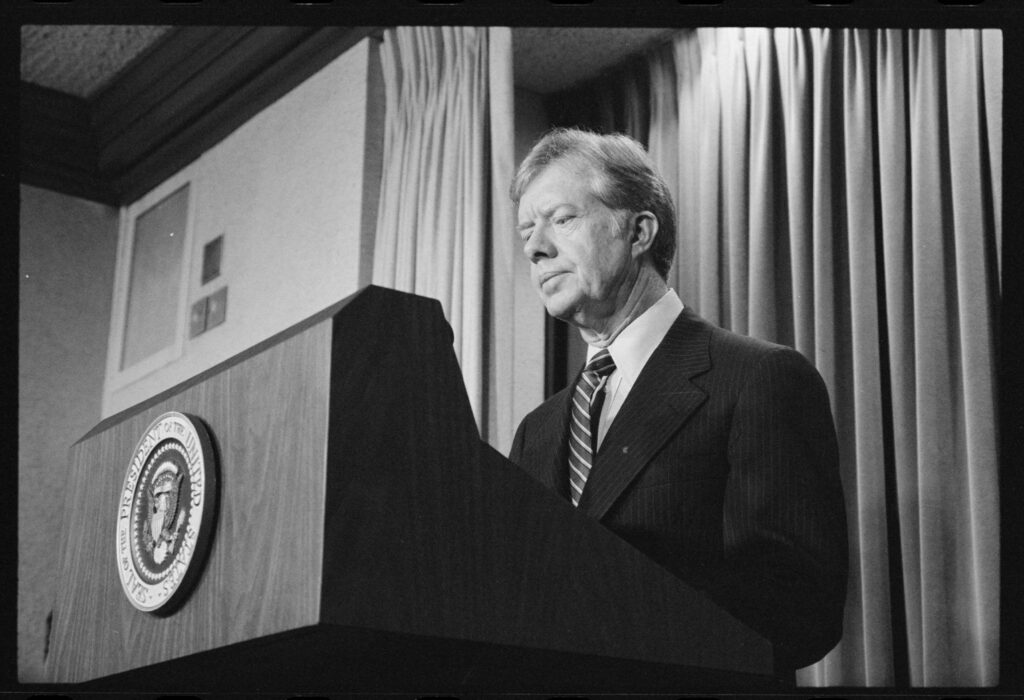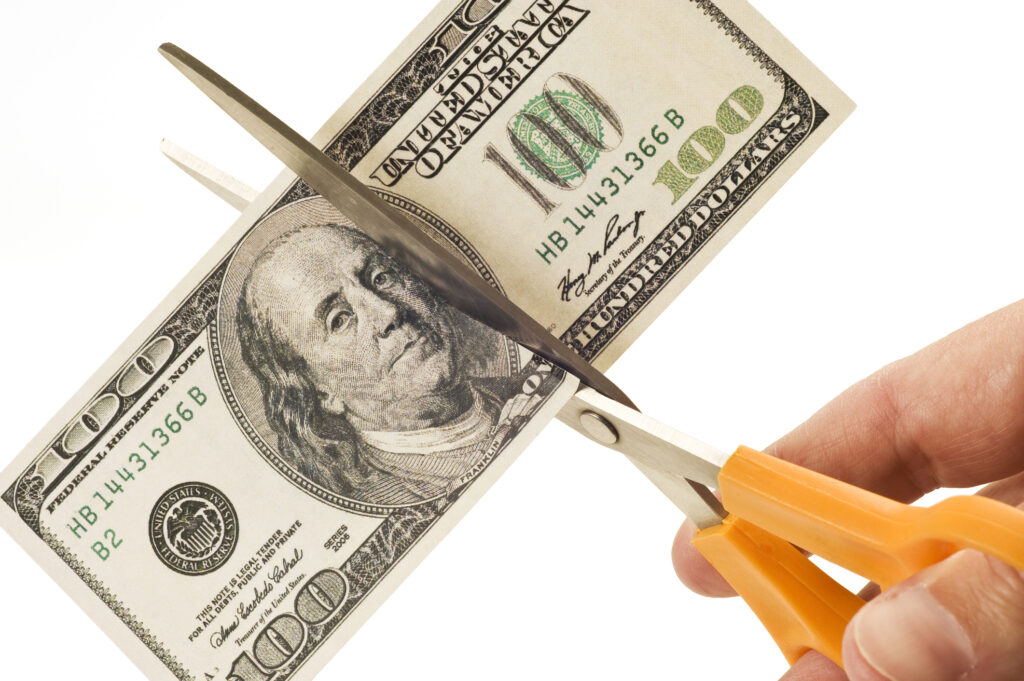Every year, millions of Americans celebrate Independence Day by watching fireworks light up the night sky. In fact, more than 16,000 firework displays will take place this Fourth of July, and Americans are estimated to spend more than $1 billion on fireworks this Independence Day.
So why do we set off fireworks on the Fourth of July?
Well, fireworks have been an essential element of Independence Day celebrations ever since the first commemoration in 1777. Even John Adams predicted that the Fourth of July would be an annual celebration of patriotism. On the day before the Declaration of Independence was signed, he wrote in a letter to his wife:
“I am apt to believe that [Independence Day] will be celebrated, by succeeding Generations, as the great anniversary Festival,” Adams wrote. “It ought to be solemnized with Pomp and Parade, with Shews, Games, Sports, Guns, Bells, Bonfires and Illuminations from one End of this Continent to the other from this Time forward forever more.”
A year later, just as Adams envisioned, Americans celebrated the anniversary of their (pending) independence from Britain by setting off fireworks, among other revelry. According to accounts of the first July Fourth celebration, colonists set off one firework for each of the thirteen newly independent states, and even held a parade, just as we do today. In the early years of the United States, the Fourth of July was a sacred day to celebrate the first nation in history founded on individual freedom.
However, 243 years later, Independence Day has become less about freedom and more about having a good time. From parades to barbecues to festivals, Fourth of July celebrations have become more about spending quality time with family and friends than commemorating and honoring the Declaration of Independence and everything it represents.
According to a recent Gallup poll, only 45 percent of Americans identified as extremely proud to be American, down from 70 in 2003. Even worse, among Americans aged 18 to 29, only 24 percent responded they were extremely proud to be an American. On the other hand, 63 percent of Americans aged 65 and over expressed extreme pride in being American. Obviously, this does not bode well for the future of American patriotism, let alone the sincerity and essence of Fourth of July celebrations in the years to come.
Despite the fact that many young Americans aren’t extremely proud to be American, the United States is—and always has been—a pioneer of new technologies, a champion for human rights, and a force for freedom across the globe. From winning the Space Race to defeating Nazi Germany to providing aid and assistance to countries across the world, the United States surely deserves extreme pride and patriotism—especially among its own people.
No nation is perfect, and obviously the United States has its flaws. However, this Fourth of July, we all should take the time to reflect on the unique strengths and accomplishments of the United States.
After all, Independence Day is meant to commemorate the United States’ history as a nation founded on individual liberty and freedom in a time when despotism and tyranny reigned supreme.
Indeed, on July 4, 1776, the signers of the Declaration of Independence literally put their lives on the line to ensure future generations would have the opportunity to bask in glorious freedom (and watch a great fireworks show). Not only that, but thousands of patriots lost their lives and livelihoods in the War for Independence so that the ideals expressed in the Declaration of Independence could be fostered in the New World, to be secured and protected for centuries to come.
So as you enjoy the barbecues, parades, fireworks, and festivities this Fourth of July, remember that Independence Day is about more than spending time with your loved ones. It’s also about recognizing and commemorating the fundamental ideals the United States was founded upon.
As Thomas Jefferson so eloquently stated, “We hold these truths to be self-evident, that all men are created equal, that they are endowed by their Creator with certain unalienable Rights, that among these are Life, Liberty and the pursuit of Happiness. … And for the support of this Declaration, with a firm reliance on the protection of divine Providence, we mutually pledge to each other our Lives, our Fortunes and our sacred Honor.”
If this world-changing philosophy doesn’t merit pride and patriotism, what does?




